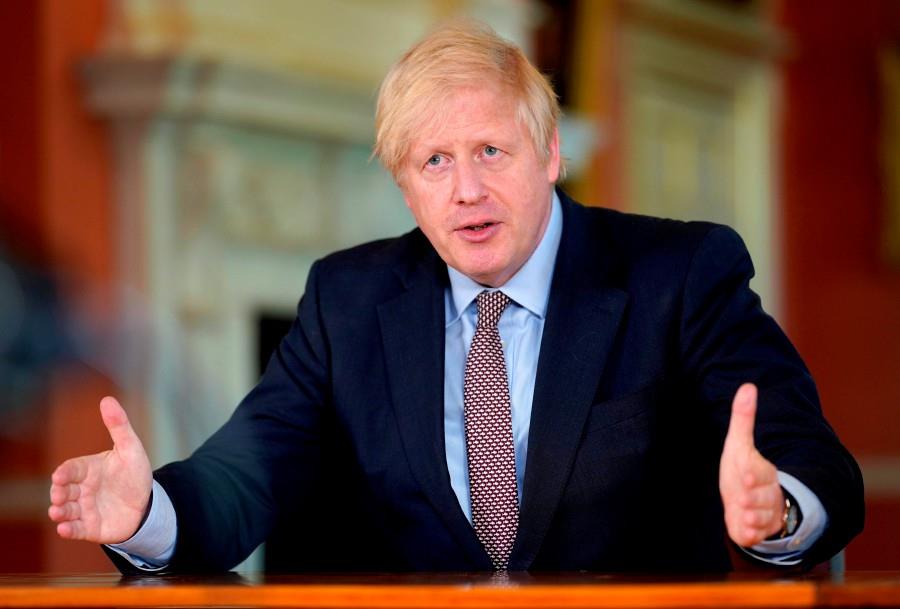LONDON, May 11 (AFP) - British Prime Minister Boris Johnson on Sunday (May 10) announced a phased plan to ease a nationwide coronavirus lockdown, with schools and shops to begin opening from Jun 1 - as long as infection rates stay low.
In a televised address, Johnson also announced plans to introduce quarantine for people arriving in Britain by air to prevent new infections from abroad.
Almost seven weeks after a nationwide stay-at-home order was put in place, more than 31,800 have died during the outbreak in Britain - the worst toll in Europe and second only to the United States.
Johnson, who himself spent a week in hospital with COVID-19, said the measures had come "at a colossal cost to our way of life" but said it would be "madness" to squander the progress by moving too soon.
"This is not the time simply to end the lockdown this week," the 55-year-old said, but unveiled a "conditional plan" to ease the measures in England in the months ahead.
Starting this week, he said the government would be "actively encouraging" people to return to work where they could not do so from home, for example in manufacturing or construction.
Unlimited outdoor exercise would be allowed from Wednesday, with sports such as golf, tennis and fishing permitted as long as they only involved members of the same household.
In the second phase, Johnson said nurseries and children up to the age of 11 could start to return to school from Jun 1 at the earliest, and some non-essential shops could reopen.
By July, "we will hope to re-open at least some of the hospitality industry and other public places" that could enforce social distancing, for example cafes in parks.
However, officials warned that pubs were not likely to reopen for months, while older school children were unlikely to see any return to classes until September.
Infection rates will also be closely monitored under a new alert system, which will build upon existing moves to ramp up testing and contact tracing.
"If there are outbreaks, if there are problems, we will not hesitate to put on the brakes," Johnson said.
"We have been through the initial peak, but it is coming down the mountain that is often more dangerous."
